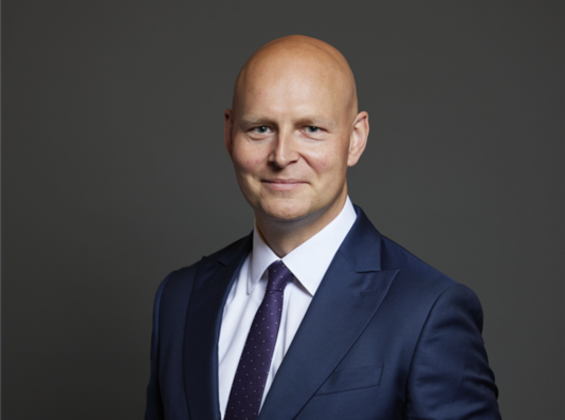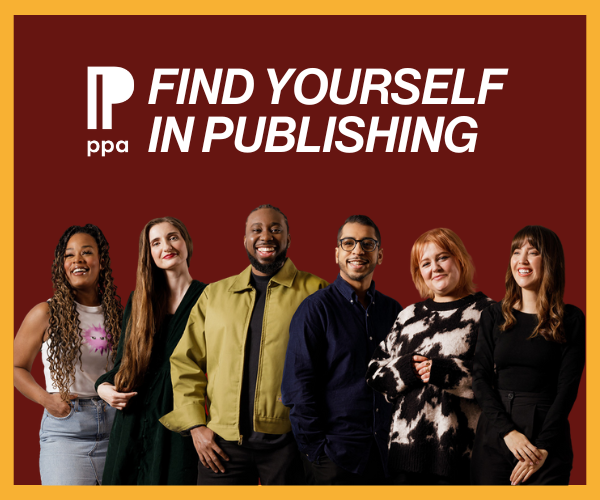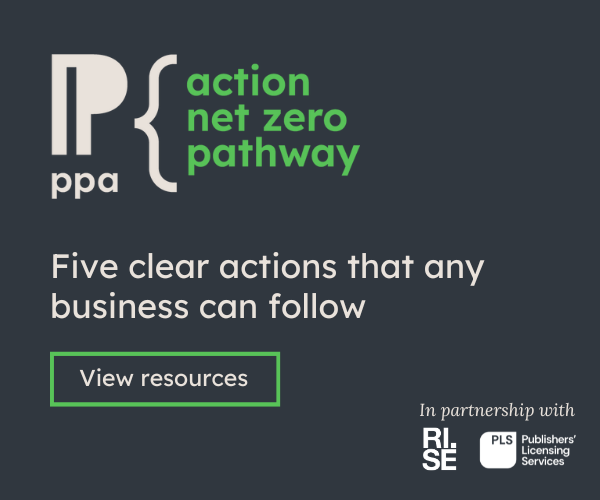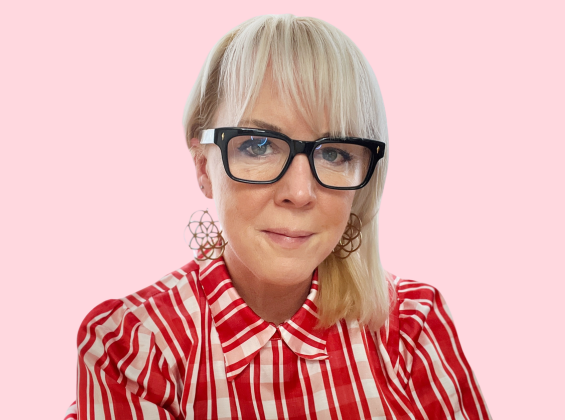What made you want to work in publishing?
Before I became a journalist I was a diplomat, but always a news junkie – especially foreign news. So I found a way to break into the business and just got inspired by a great group of people in one of my first jobs to think about new ways to reach our audiences and try to innovate: this was at a time the TV station I worked at barely had a website, and people weren't thinking about consuming news on phones or tablets or smart watches. So it really felt like we were on the brink of a new revolution of journalism where we could clearly see innovative ways of telling stories was on the horizon, and I knew I wanted to be part of that.
Chart your career from the start to where you are now.
My first job in media was writing at an English-language newspaper in Guatemala, Central America, and hosting the weekend breakfast show on their radio station, and I went from there to producing a morning television newscast in the USA. From that job, I took a role with an American cable news network in Baghdad shortly after the invasion of Iraq in 2003 and I was a correspondent in the Middle East for the next six years, freelancing also for Sky News and BBC Scotland. After that I was offered a job at The Associated Press running their video newsgathering operations in Pakistan and Afghanistan, and after spending a few years there – with lots of interesting assignments around Asia – I transferred to Finland to cover the Nordic and Baltic region for AP. Still I didn't stay in the one place for long and during my time in Helsinki I was sent on assignments from Japan to Venezuela, from Reykjavik to Cape Town and got to see a lot of amazing stories unfolding, and I was lucky enough to be able to report on them. For the last four years I've been running a digital news start-up in Finland where we grew our audience from zero to half a million people every month. That's given me the springboard to come to DC Thomson Media.
DC Thomson is transforming its newsroom and building it around specialist teams. Can you explain what the Apollo transformation programme is and what it aims to achieve
The Apollo programme is about transforming the business to expand our publishing platforms to include digital products and content as well as print. The idea is to serve audiences with the content they want when and how they want it by creating specialist teams covering the subject areas we know they want to read about. Politics is one of those areas but we will also have teams looking at many other areas including schools, entertainment, nostalgia, sport, food and drink and long-form high impact pieces. In total there will be more than 20 teams.
What is your role as Politics Lead at DC Thomson?
The politics team is spread across four cities giving us excellent coverage on our patch – Aberdeen, Dundee, Edinburgh and London – and my job is to lead the news conversation, to make sure we're covering the right sort of stories but beyond that make sure we're finding new angles and topics to investigate, and, increasingly, develop some ideas for new concepts and innovations around the way we tell stories, and where we tell those stories. Those ideas are hopefully going to start to be reflected more and more in the work of the team in the coming weeks and months.
How do you ensure balance between reporting on Holyrood politics, local politics and Westminster politics?
This can be a tricky one because on any given day there might be more developments out of Westminster that affect our audience in Scotland than there is from Holyrood. So each day is about finding those important stories to report on but also finding stories that resonate with our audiences at a local level too. I will say this much: there's no shortage of ideas from the politics team on stories to cover, these are journalists who know their cities, who know their politics and who have a deep understanding of how to report the big stories, or uncover the underreported stories, in Scottish journalism.
What is the appetite like for local news in Scotland compared with national news?
There's a saying that all news is local news. And so recently we had interviews with national politicians, with experts in the oil industry in Aberdeen, with a B&B owner in Inverness, with a drugs policy expert in the US and an exclusive interview with the President of Estonia. I think we don't necessarily start each day looking for local news vs national news. We start each day looking for compelling stories to tell, and the balance finds itself. I think I bring a bit of an international perspective to the politics team, and maybe we've already been reflecting that in some of our stories over the last month – but it's good to be ambitious too in finding the best experts, the most credible people to talk to who add context and depth to our journalism.
What role do magazines play in delivering high-quality political journalism?
The big advantage for magazines as opposed to daily journalism – whether it's online, in newspapers or for television and radio – is that there's more time to take a deep dive into a topic, more time to research, do interviews, and usually more column inches to tell those stories. In some ways I'm jealous of that, but then again I'm not sure I have a long-form magazine-style story in me, I really love the hustle of daily news and the immediate connection with the audience.
What’s on your radar?
At the moment I'm obsessed with live streaming! It opens up so many new possibilities to reach people on their phones, on their computers at work, and to connect with people who might not have bought a newspaper or typed the website into their browser, they can find news streamed live on their social media channels. That's next on my radar.
What magazine would you stockpile?
I can tell you what magazines I do stockpile: airline inflight magazines! I'm a bit of a hoarder when it comes to taking them off the planes. I always think I'll save them for more leisure travel to find exotic restaurants and cool bars to visit on some sun-kissed shore. So I hang on to them. For years. It's starting to become a problem!









